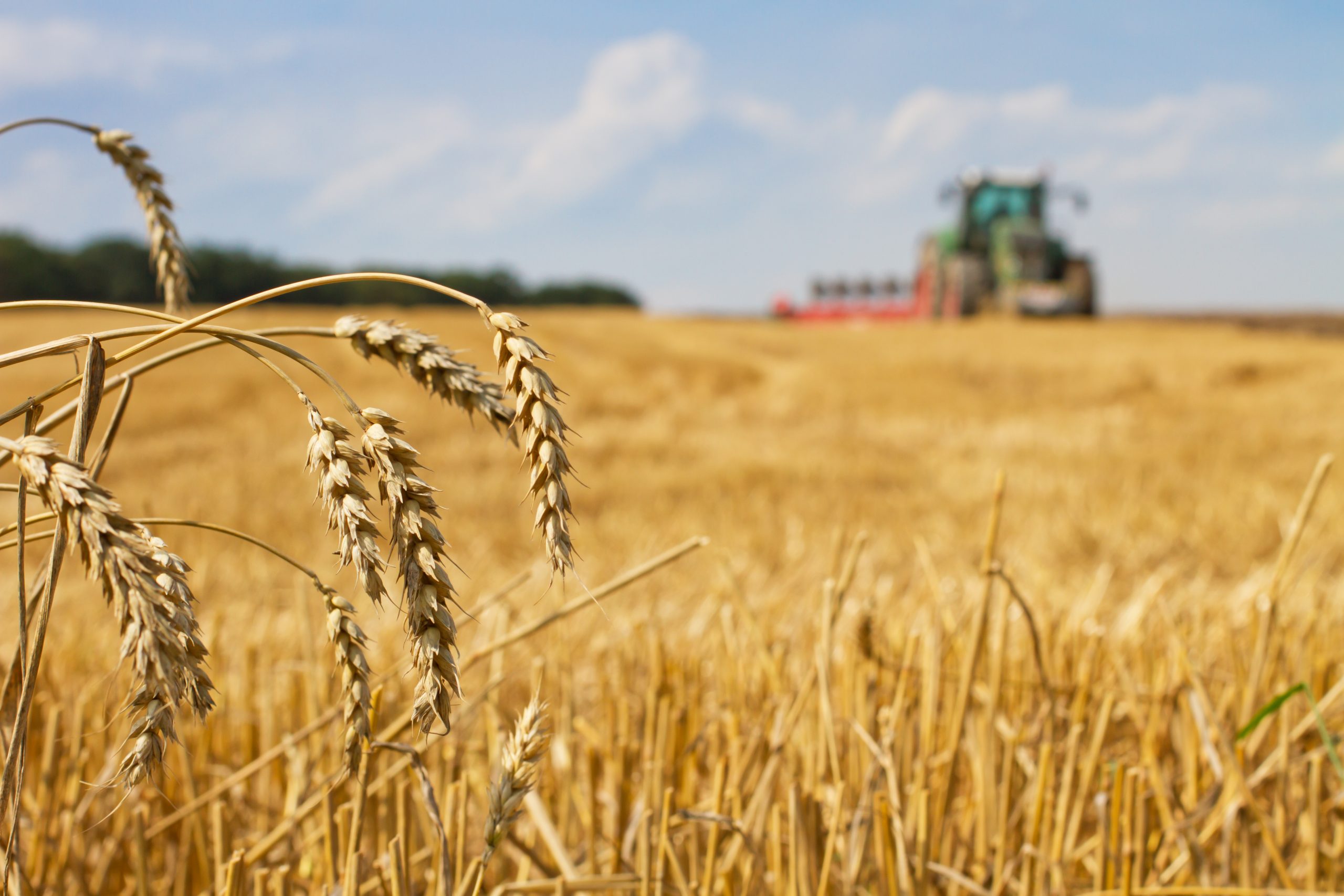Blog /
Production-Cost Increases Outpacing Consumer Inflation, Survey Says
Production-Cost Increases Outpacing Consumer Inflation, Survey Says
This blog was provided by Michael Graydon, CEO at Food, Health & Consumer Products of Canada, proud members of the...

This blog was provided by Michael Graydon, CEO at Food, Health & Consumer Products of Canada, proud members of the Canadian Chamber’s Food Supply Council .
New polling of Canada’s leading food, health, and consumer product manufacturers shows that skyrocketing production costs far outpace consumer price inflation and are weakening Canada’s essential domestic manufacturing and supply chains.
Food, Health & Consumer Products of Canada (FHCP) surveyed its members in July and found the cost of inputs has shot up 23% since 2021 and a remarkable 35% since 2020. FHCP members expect these cost increases to continue apace throughout 2022. In comparison, experts like Dr. Sylvain Charlebois of Dalhousie University have assessed that consumer food price inflation shows signs of improvement and may not hit the previously predicted peak of 10% this year.
As University of Guelph Arrell Chair in the Business of Food Simon Somogyi commented earlier this year, “The cost of everything across the food supply chain is getting so expensive and that’s the same for farms, wholesalers, packers and processors right up to retailers.”
Production cost increases and consumer price inflation are a global phenomenon. From ingredients like wheat, produce, even coffee to glass and cardboard packaging to shipping containers — supply is down, costs are up, and demand is through the roof. Some of these shortages stem directly from the pandemic, while others can be traced back to a perfect storm of other factors like drought, fires, freezes, and backed up ocean shipping channels.
Droughts hit Canada’s barley, wheat, and canola crops, impacting production of everything from bakery items to beef now. Frost in Brazil has cut into global coffee supplies. Wildfires in from British Columbia to California slowed fruit and vegetable harvests. The list goes on and on.
As a result of these factors and more, 65% of FHCP survey respondents said company performance was worse in 2021 than in 2020, and 70% expect to miss their 2022 company performance targets. Canadian manufacturers are doing worse than their international peers — 72% of companies responding to FHCP’s survey said their Canadian businesses are worse off than U.S. counterparts.
The rising cost of making goods Canadians rely on every day has only compounded challenges in Canada’s already inhospitable business environment. Even before the pandemic, just 25% of Canada’s leading food and consumer goods manufacturers said they were looking to expand production in Canada. Nearly 50% said they were considering expanding operations elsewhere.
The good news is that, according to national consumer polling conducted on behalf of FHCP in late 2021, 82% of Canadians have a greater understanding than before the pandemic of the factors that can impact supplies of food and other essential groceries and 93% want government to prioritize these supplies.
As we head into another COVID autumn, supply chains are still far from normal, but manufacturers continue to work at breakneck pace to do our part to secure steady, resilient supplies of the essential food, health, and consumer products Canadians rely on every day.
Please note: This opinion editorial was published in the July 24, 2022 edition of the Toronto Sun.
Other Blogs

Policy Matters: Revisiting the 3 Most Popular Topics of the Year

Vaccines: A Potential Key to Unlock Many of Canada’s Healthcare Challenges




